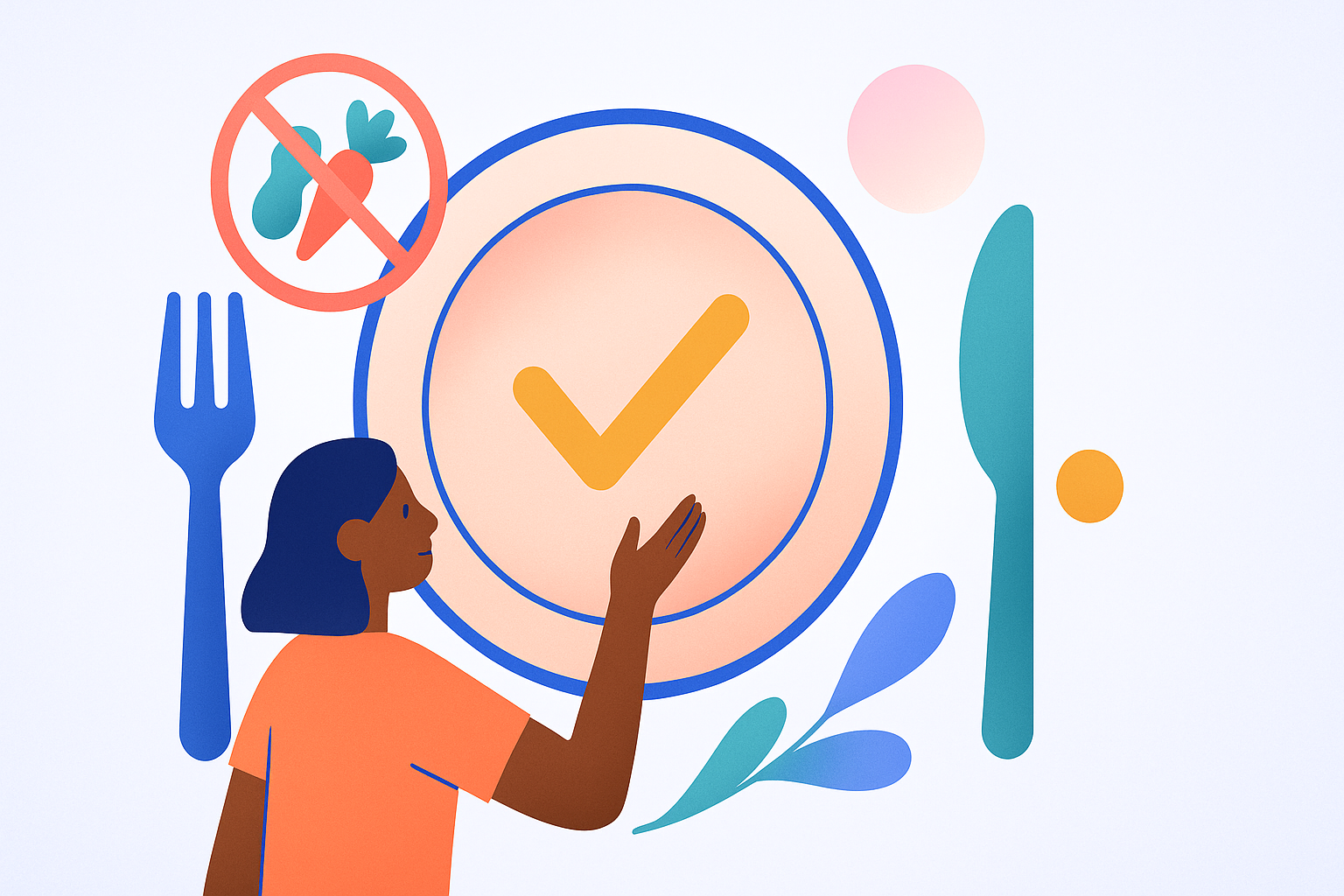


Food and dietary adjustments, also known as meal accommodations or special diet modifications, refer to tailored changes in food options to meet individual health, cultural, or personal needs. These adjustments support people with allergies, intolerances, religious dietary laws, or medical conditions like diabetes and celiac disease. By providing safe and suitable meal choices, this accommodation promotes inclusion and well-being in various settings such as workplaces, schools, and events. Offering clear labeling and alternative menu options helps prevent adverse reactions and supports overall productivity and comfort for those with specific dietary requirements.
Begin by gathering detailed dietary needs from employees or participants. Communicate clearly with food service providers to offer appropriate alternatives and label all options accurately. Regularly update menus to reflect changing needs and maintain open feedback channels. Train staff on the importance of these accommodations to foster a supportive environment and prevent cross-contamination or misunderstandings.
Disclo streamlines requests, documentation, and tracking for Food and Dietary Adjustments or Restrictions, so HR teams and employees spend less time on paperwork and more time working productively.
